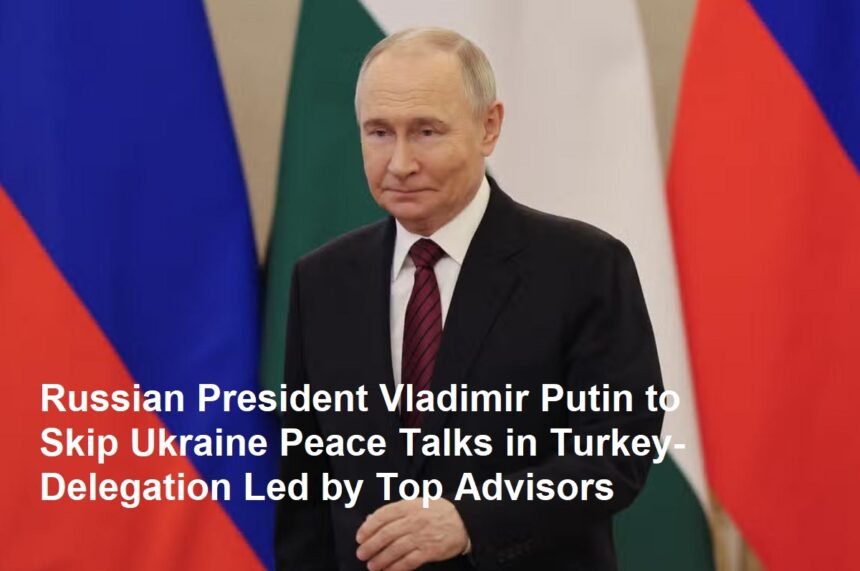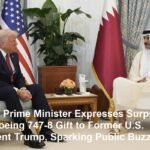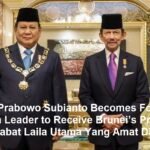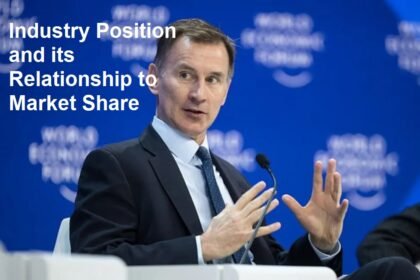On Thursday, May 15, 2025, a significant peace negotiation between Russia and Ukraine is scheduled to take place in Turkey. However, it has been confirmed that Russian President Vladimir Putin will not attend the talks personally. Instead, the Russian delegation will be led by key figures including Vladimir Medinsky, Presidential Advisor; Alexander Fomin, Deputy Minister of Defense; and Igor Kostyukov, Chief of Main Intelligence Directorate. This development marks a notable shift in the dynamics of the peace process and has drawn considerable attention from international observers and stakeholders.
The decision for President Putin to abstain from direct participation in the peace talks is seen by many analysts as a strategic move. By delegating authority to trusted senior officials, Russia signals a willingness to engage in dialogue while maintaining a degree of distance from the negotiations. This approach allows the Kremlin to manage domestic and international expectations, balancing the need for diplomacy with internal political considerations.
Vladimir Medinsky, a seasoned political advisor with experience in cultural and diplomatic affairs, is expected to play a central role in articulating Russia’s positions and negotiating terms. His involvement underscores the importance Russia places on framing the peace talks within a broader political and historical context. Alexander Fomin, as Deputy Minister of Defense, brings military expertise to the delegation, ensuring that security and defense issues are thoroughly addressed. Igor Kostyukov, heading Russia’s military intelligence, adds a critical dimension of strategic insight, particularly regarding intelligence and operational matters.
The venue for the talks, Turkey, serves as a neutral and strategically located host, reflecting its role as a regional mediator and influential player in Eurasian geopolitics. Turkey’s involvement is seen as an effort to facilitate constructive dialogue and bridge differences between the conflicting parties. The choice of Turkey also highlights the international community’s interest in resolving the ongoing conflict and stabilizing the region.
The peace negotiations come amid a protracted and complex conflict between Russia and Ukraine, which has had profound humanitarian, economic, and geopolitical consequences. Previous rounds of talks have faced numerous challenges, including disagreements over territorial control, security guarantees, and political arrangements. The absence of President Putin at this critical juncture adds a layer of uncertainty but also opens the door for his delegates to negotiate with a degree of flexibility.
International reactions to Putin’s non-attendance have been mixed. Some view it as a pragmatic decision that allows professional negotiators to focus on the details without the pressure of high-profile political posturing. Others interpret it as a sign of Russia’s cautious stance, possibly indicating reluctance to make significant concessions or a desire to maintain leverage. The presence of senior military and intelligence officials suggests that security concerns will be a major focus of the discussions.
For Ukraine and its allies, the composition of the Russian delegation will be closely scrutinized. Kyiv has consistently emphasized the importance of direct engagement with Moscow’s highest leadership to achieve a durable and just peace. The absence of Putin may be seen as a setback by some, but others recognize that meaningful progress can still be made through skilled negotiators empowered to make decisions.
The peace talks in Turkey are expected to cover a wide range of issues, including ceasefire arrangements, prisoner exchanges, humanitarian access, and the future status of contested territories. Both sides face domestic pressures and international expectations to reach an agreement that can end years of conflict and suffering. The involvement of Turkey and other international actors may provide the necessary diplomatic support and guarantees to facilitate compromise.
In conclusion, the confirmation that Russian President Vladimir Putin will not attend the Ukraine peace negotiations in Turkey on May 15, 2025, and that the delegation will be led by Vladimir Medinsky, Alexander Fomin, and Igor Kostyukov, represents a significant development in the peace process. While it introduces uncertainties, it also reflects a strategic approach by Russia to engage in dialogue through trusted representatives. The outcome of these talks will be closely watched as the international community hopes for progress toward a peaceful resolution of the conflict.









